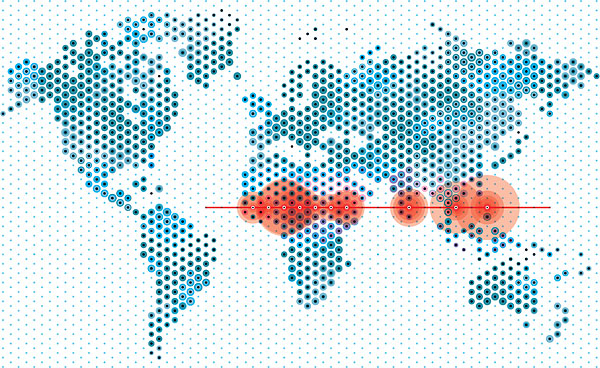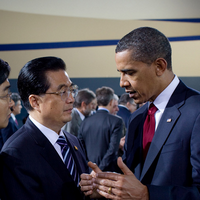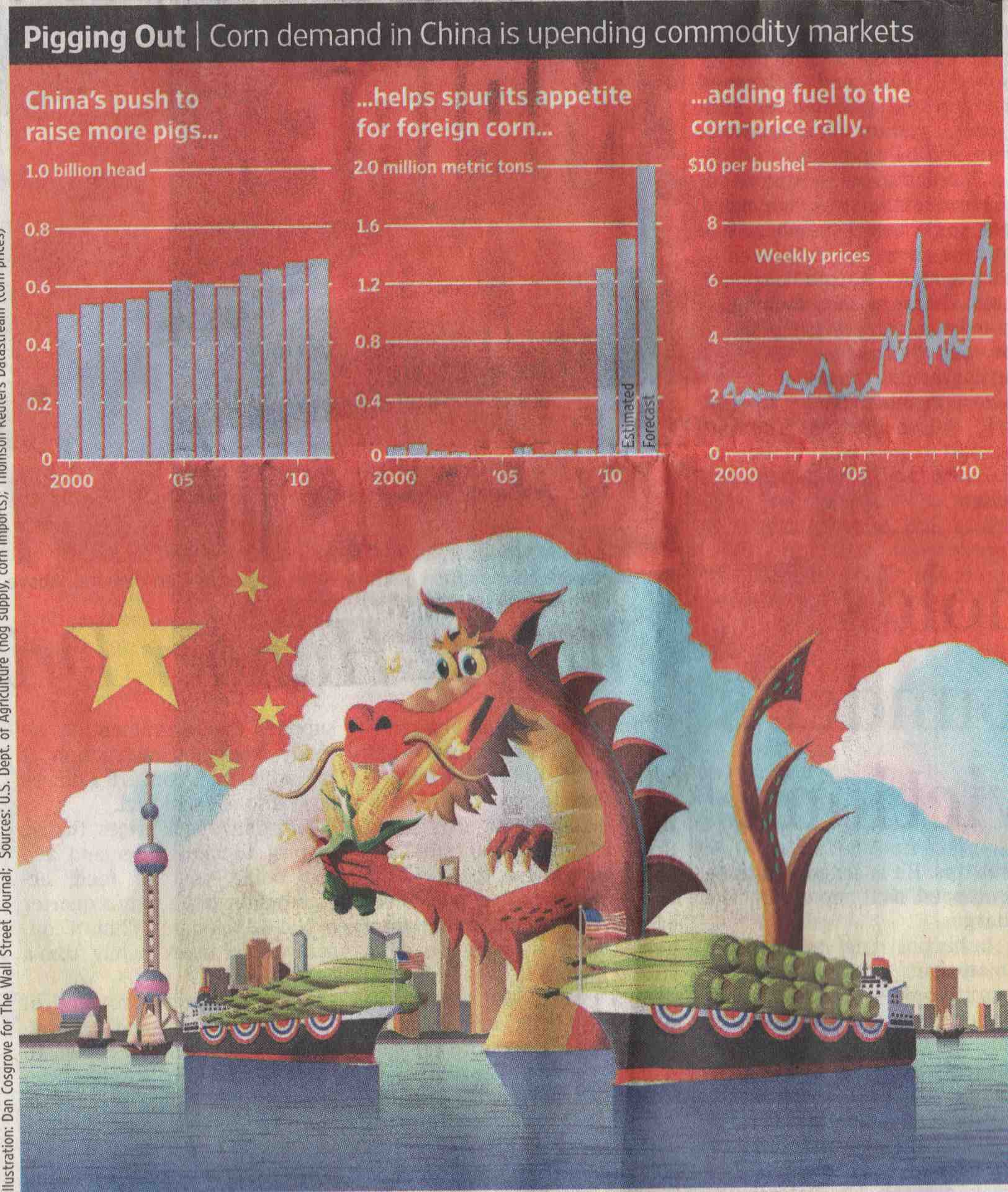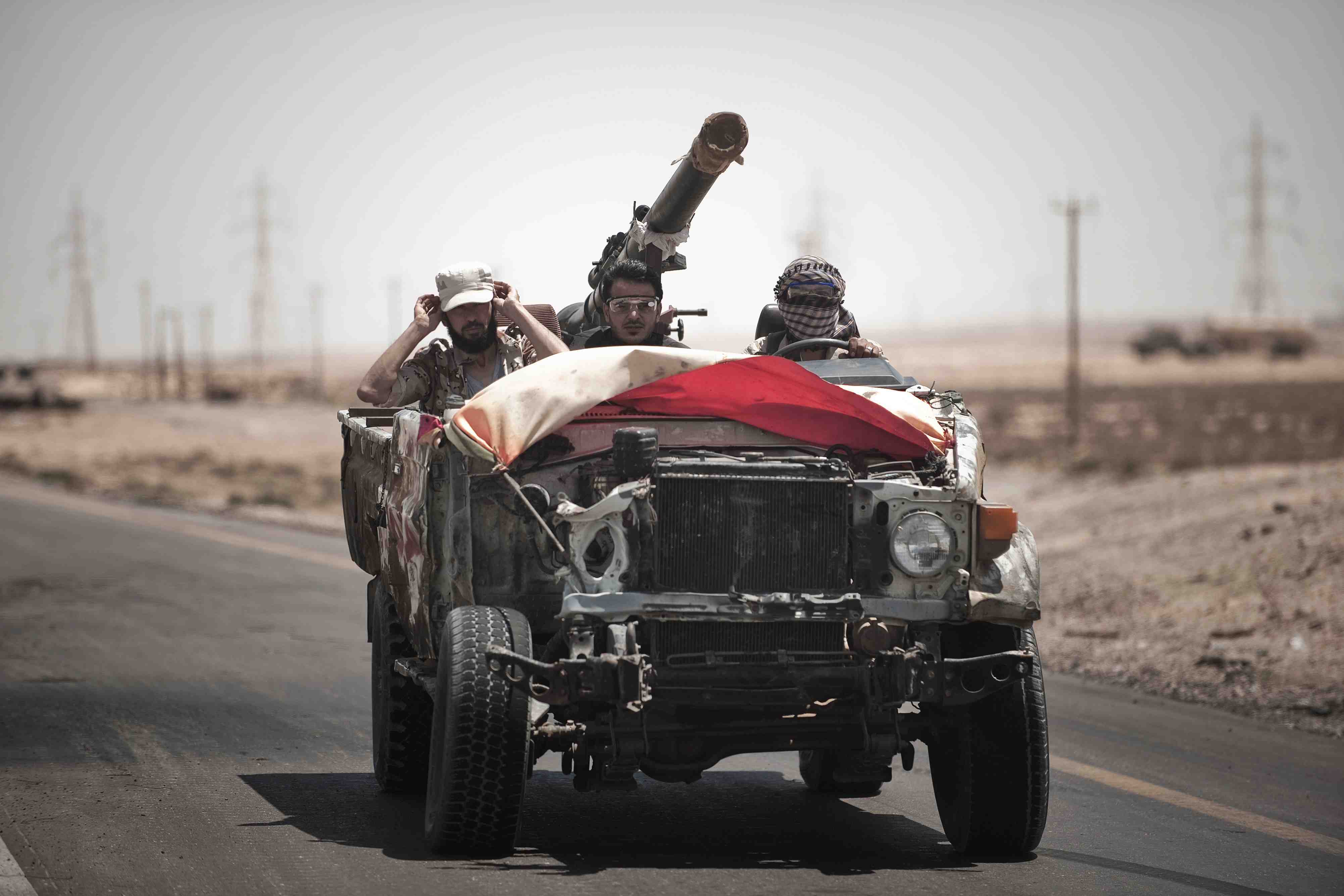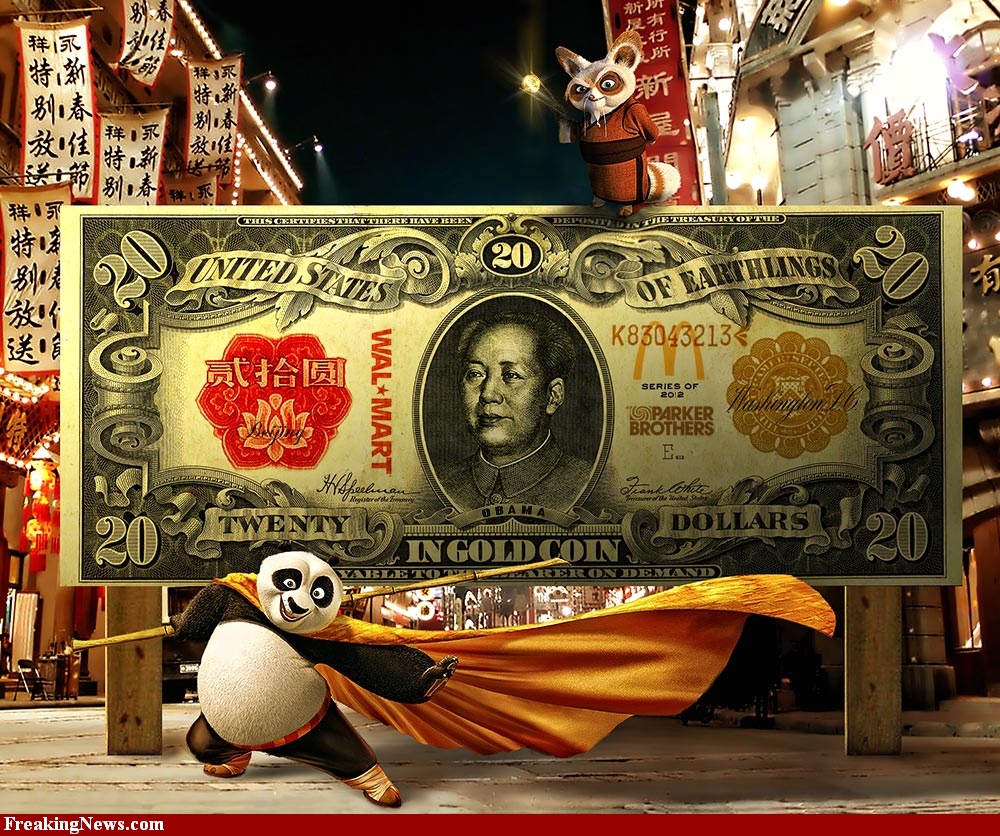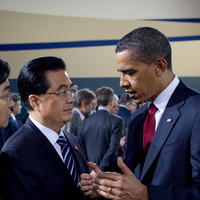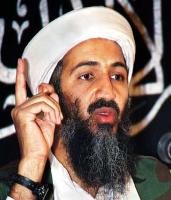 FT story on new Bollywood film depicting "untouchables" and the discrimination they suffer. The film is already banned in three Indian states out of fear of inciting social unrest.
FT story on new Bollywood film depicting "untouchables" and the discrimination they suffer. The film is already banned in three Indian states out of fear of inciting social unrest.
Ask yourself, what period of US history does this remind you of?
Fair dynamic comparison, although here the pushback comes more from dalit politicians and those in favor of their rights. Why? Film focuses on quota system for dalits/untouchables set up at time of independence. Upper castes say film makes them look bad, but dalits say film denigrates positive impact of quota system - aka, India's version of affirmative action.
What I remember from visiting India: it seemed like the taller you were and lighter your skin, the more likely you were more powerful and thus from a higher class. Conversely, lower caste people seemed shorter (poorer diet) and darker. So when I mixed with elites, I looked them in the eye, but when I moved among ordinary people, I felt like a frickin' giant. The dichotomy rather stunned me.
If you mention that observation, you tend to get a strong response from Indians who find any comparison to racism in the West to be completely offbase. I'm not sure what you call it, but it strikes me as a deep legacy of discrimination based on birth (meaning you can't change who you are no matter what, which smacks of that "one drop of blood" logic) and thus is reasonably compared to racism elsewhere in the world, despite its "sophisticated" and multivariate application.
Point of post: rising India, like rising China, is racing through a lot of history and "phases" that US went through a much more leisurely pace. That's incredibly hard but facinating to watch.
Blurb on film only hints at controversy (from Rotten Tomatoes), but understand that Prabhakar has a special space for dalits in his school and that Kumar, who is in love with Prabhakar's daughter, is himself a dalit. This is classic Bollywood (father-daughter conflict over undesirable match) with the twist that here the father is the perceived liberal:
Aarakshan is the story of Prabhakar Anand (Amitabh Bachchan), the legendary idealistic principal of a college that he has single-handedly turned into the state's best. It is the story of his loyal disciple, Deepak Kumar (Saif Ali Khan) who will do anything for his Sir. Of Deepak's love for Prabhakar's daughter, Poorbi (Deepika Padukone), of his friendship with Sushant (Prateik). It is the story of their love, their lively friendship, their zest for life, and of their dreams for the future. Centered on one of the most controversial issues of recent years, with the Supreme Court's order on reservation, the story suddenly becomes a rollercoaster ride of high drama, conflict, and rebellion, which tests their love and friendship for one another, and their loyalty to Prabhakar Anand.
Film is already in US, probably because Bachchan is the Cary Grant of Indian cinema. Done about 300k, so art-house limited.
Be interested if anyone has seen it and can provide impressions.
 Wednesday, September 7, 2011 at 8:31AM
Wednesday, September 7, 2011 at 8:31AM 












